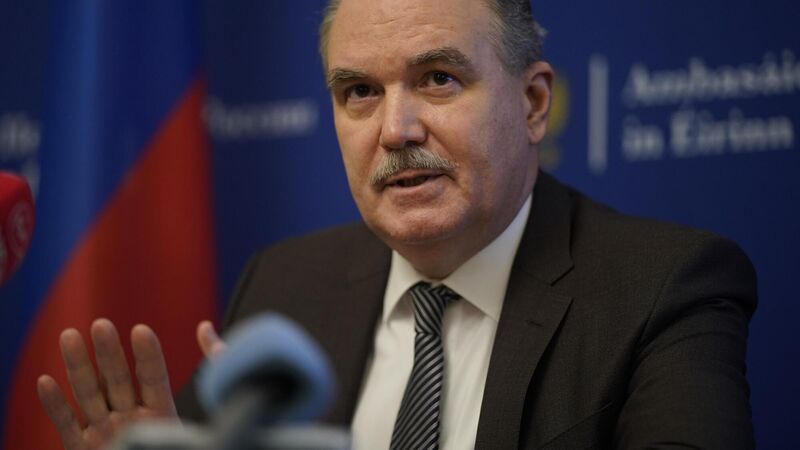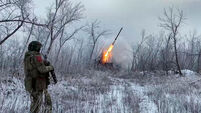Irish Government summons Russian ambassador to meeting over Ukraine actions

Russian ambassador to Ireland Yury Filatov has been summoned to an emergency meeting with Foreign Affairs minister Simon Coveney.
Foreign Affairs Minister Simon Coveney has summoned the Russian Ambassador to an emergency meeting tonight to spell out Ireland’s opposition to the invasion into Ukraine, he told the Dáil.
Mr Coveney and his officials will meet with Yury Filatov later this evening.














